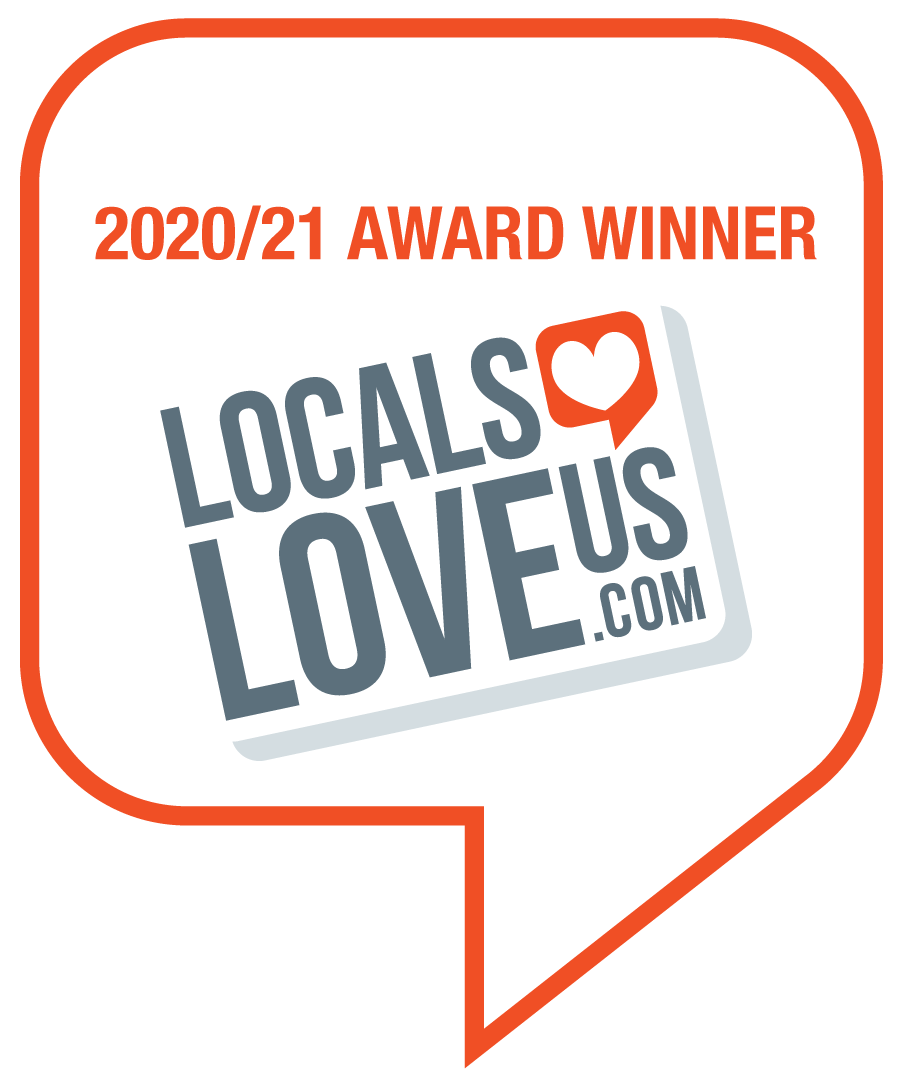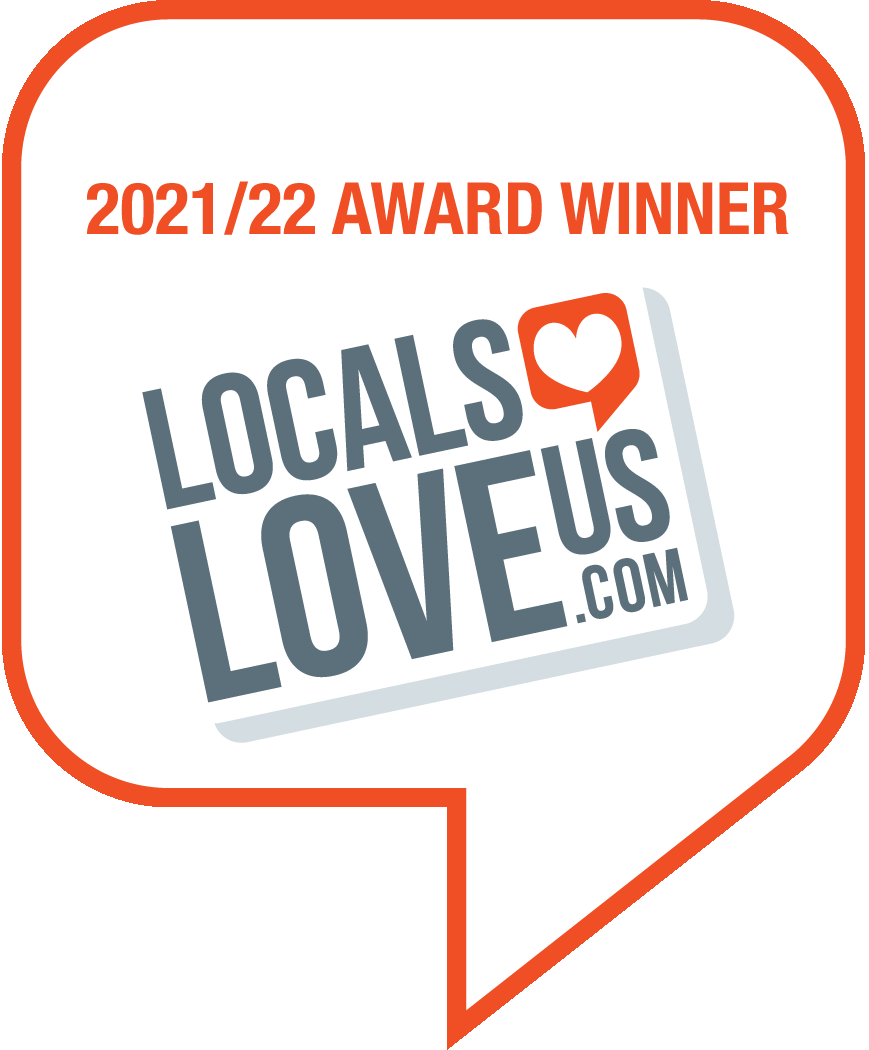Rental property management may not be a familiar term to you, and honestly there’s no clear cut definition of what a property management company is or does. For the purposes of this article I’m speaking about a company that handles all operations and documentation associated with a rental property. This should include but not limited to property preparation to put on the market, photography, marketing, showings, tenant screening, all paperwork/agreements, rent collection, repairs and maintenance, periodic and move out inspections, monthly and annual performance updates/reports and usually more, but those are the broad strokes.
As you can tell a property management company has a lot of moving parts. That’s because although many people like to think of rental properties as being simple passive investments they are anything but. To manage a rental property properly takes a lot of time, effort, energy, and some fantastic systems and processes. With that said, many rental property owners get by with much less than that, which means they are most likely generating a much smaller return on their investment than they should be.
There’s one thing I hear a lot and would like to clear up first thing. Rental property managers are NOT Realtors, and being a Realtor doesn’t qualify you to manage rental properties nor is it any indication of your knowledge or ability to do it successfully. While many states do require a rental property manager to be a licensed broker, selling real estate and renting real estate are two very different animals. One involves a hard marketing push, finite amount of effort, and never dealing with that transaction again after it’s closed, the other is a continual, non stop, perpetual cycle of marketing, maintaining, collecting, and managing. These two could not be more different, the only similarity is that they both involve real estate.
If you own rental properties it’s extremely likely that you would benefit from a *good* professional rental property manager. As with anything else while a good property manager can reduce or eliminate your effort and headaches while improving your property’s performance, a bad one can have the exact opposite effect. Bad property managers are reactive rather than proactive, don’t communicate well (or at all), and often don’t have your best interest in mind. Dead giveaways of bad property managers are those with properties that sit on the market vacant for months at at time, don’t maintain properties in a manner that would help keep them occupied, allow tenants to go excessive periods of time with unpaid rent before starting the eviction process, etc. A good property manager acts as if they own the property and are always doing their best to operate it as if that were the case. That means making the smart decisions for your long term benefit and no one elses. Good property managers do thorough make readies in between tenants, show homes 6-7 days per week, process applications quickly and continue to follow up with all prospective tenants for any given property until that property is rented. They also take an aggressive and consistent approach to rent collection while always maintaining a professional demeanor. They communicate the relevant information (and only the relevant information) to you to ensure you are well informed but not bogged down with irrelevant details. To sum it up, they do what you cannot do, because you have other more important things to deal with that frankly you care more about, like your day job, your family and friends, and your hobbies. Without the staff, experience, systems, software, and tools it is literally impossible to replicate the results of a good professional rental property manager.
I suppose that covers the first part of the question, now on to the second part! How much does rental property management cost? Again unfortunately that is anything but a simple question, so it definitely doesn’t have a simple answer. Our property management company only has 2 costs, management fees and lease fees, however others have many more costs/fees. We’ve tried to make our fees extremely competitive to fill our excess capacity because we view it as wasted opportunity, but other companies focus on maximizing their fee income rather than filling capacity. Here are some of the most common costs of rental property management:
- Management fees – this is done usually one of two ways, either a flat monthly fee, or a percentage of market or collected rent. Some companies charge this fee even when the home is vacant, others only charge the fee when the home is occupied and rent is collected. We charge on a percentage of collected rent, and only charge when the rent is collected, as I’ve always felt that is the best arrangement that aligns our interests closely with our client’s interest. Common rates are 5%-12% of collected rent, or $75-200 for flat fee. Many property managers have upper and lower limits to their monthly fees per unit (Example: Mayco has a $40 minimum and $100 maximum per unit per month).
- Lease Fee – This fee is charged when a vacant unit is filled with a new tenant. This is intended to cover the costs associated with marketing and showing a home, however unscrupulous property managers may game the system to inflate their fees by doing things that encourage turnover (and consequently significantly reduce your income). For that reason I highly recommend using a property manager that “insures” your new tenants for a period of time (ideally 6 months) such that if the property becomes vacant during that time the lease fee would be waived for the next tenant. Lease fees can be flat fees of $250-750 or percentage based 50-100% of the first month’s rent.
- Renewal Fee – This is a charge for renewing a lease with an existing tenant. This is generally 10-25% of the lease fee cost.
- Invoice markup – Some property managers mark up invoices for maintenance, repairs, utilities, etc by up to 10% (some do a flat fee).
- Onboarding fee – a flat fee for handling the paperwork and data entry associated with bringing your property on board. This falls into the category of “extremely excessive” in my opinion.
- Inspection fee – This is generally a flat fee of $25-75 for doing a walk through inspection of a property. A report and pictures should accompany this fee.
- Portfolio fee – This is a flat fee that is charged monthly just to be included in their portfolio. This also falls into the category of “extremely excessive” in my opinion.
- Vacancy fee – In a world that I will never understand some property managers charge a fee for vacant properties. This fee appears to vary wildly from $25 per month to more than the management fee would be if the home were occupied.
- Asset Management fee – For property managers that go the extra distance and do true asset management there is likely an additional fee for this. Asset management covers absolutely all aspects of owning and operating a rental property. They will pay the taxes, shop for and purchase insurance, develop and implement a maintenance schedule and associated cash reserves. This is a well earned fee as long as it’s reasonable (1-5% of revenues per month).



